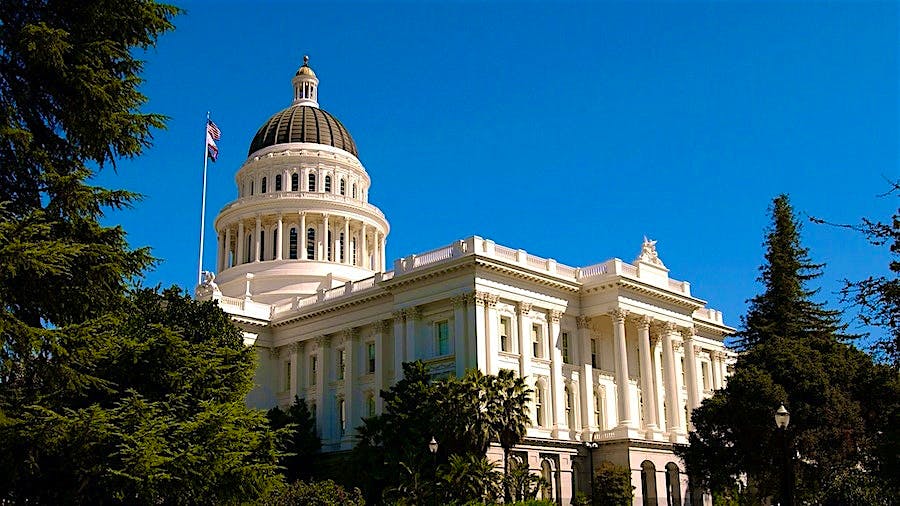California’s Unflavored Tobacco List (UTL) regulations continue to be a complication for cigarmakers, retailers and consumers in the Golden State. Days after the October 9 application deadline—which required cigarmakers to register each individual cigar they wish to sell in the state or risk them being deemed illegal—questions still remain and legal battles continue. Last week, cigar industry plaintiffs filed an emergency temporary restraining order before the October 9 deadline with the U.S. District Court for the Central District of California, with hopes of delaying said cutoff date. The order was denied late last week, and now, the same plaintiffs have filed another restraining order in California Superior Court.
The plaintiffs are the same cigar companies and organizations that who filed a lawsuit against Robert Andres Bonta, Attorney General of California, on October 3: Ashton Distributors, Oliva Cigar, Padrón Cigars, Rocky Patel Premium Cigars, La Flor Dominicana, Arturo Fuente, My Father Cigars, Cigar Rights of America (CRA) and the Premium Cigar Association (PCA).
Though the U.S. District Judge Mónica Ramírez Almadani denied the restraining order request last week, the lawsuit is still ongoing. Judge Almadani summed up her denial on the basis of jurisdictional grounds, citing that the federal court lacked jurisdiction to rule on the restraining order due to the 11th amendment, which generally prohibits parties from challenging state laws in federal court. The judge also implied that the request needed to be made at the state level, in California Superior Court, which the plaintiffs did. They now await a ruling.
“We contend that California has arbitrarily and capriciously violated the California Administrative Procedure Act (APA) by abusing their emergency rulemaking authority,” said the CRA in a statement. “That process was the basis for bypassing procedural safeguards designed to ensure transparency, public participation and sound policymaking. As a result, the state has created a regulatory scheme that imposes disproportionate and extraordinary burdens on premium cigar manufacturers.”
As of late last week, after the October 9 deadline, the California Attorney General’s office reported that it had received more than 6,800 applications, which includes all tobacco products, not just premium cigars. With a $300 fee per application, the state has received more than $2 million in UTL fees from cigarmakers and tobacco product manufacturers. J.C Newman Cigar Co., for example, announced in a letter to California retailers that the company registered 198 SKUs.
At this point, the applications and fees from J.C Newman and other cigarmakers won’t be spared as part of the restraining order filed in California Superior Court. That’s where the lawsuit could be a saving grace, if it goes in the industry’s favor. “That case remains ongoing and seeks broader relief to address the significant compliance burdens and marketplace disruptions these rules impose on the premium cigar industry,” reads the CRA statement.
The newest restraining order could delay or halt the implementation of the Unflavored Tobacco List, which is set to take effect on January 1. The request asks that exemptions be granted using the federal definition of a premium cigar, instead of California’s definition. Both definitions are nearly identical, barring one critical label. California defines a premium cigar as follows: “any cigar that is handmade, is not mass produced by use of mechanization, has a wrapper that is made entirely from whole tobacco leaf, and has a wholesale price of no less than twelve dollars ($12).” Conversely, the federal definition includes no mention of a wholesale price threshold. Under UTL regulations, premium cigars, using the state’s definition, are exempt from the UTL application and approval process. But, given the wholesale price qualifier, many handmade cigars don’t currently qualify for exemption. Were the federal definition used, virtually all handmade cigars would be exempt.
If the latest restraining order is granted, it could, in the very least, delay or halt the implementation of the California regulations for handmade, premium cigars.
Read Next: Belgium To Ban Smoking On Public Terraces And In Cigar Lounges

